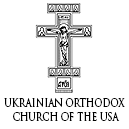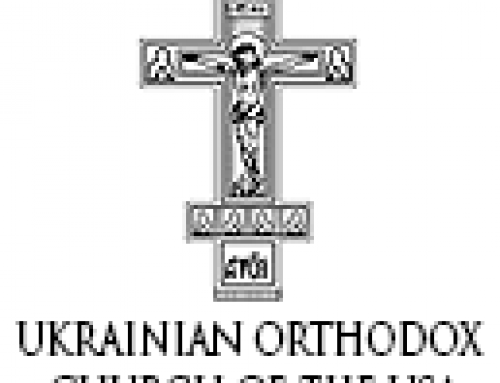This post was originally published on this site
“Neither this man nor his parents sinned, but that the works of God should be revealed in him” (John9:3). These words were heard during the reading of the Gospel for this Sunday. It would seem that a great misfortune had afflicted this man: he was born blind, and he never saw the beauty of God’s world. When people saw this man blind from birth, they immediately thought that God had sent him this misfortune as a severe punishment for his sins, or those of his parents, because children are often punished for their parents’ sins.
And so the Apostles thought when they saw the blind man, and they asked the Savior: “Rabbi, who sinned, this man or his parents that he was born blind?” (John 9:2). They heard the unexpected reply from his lips: “neither this man nor his parents sinned, but that the works of God should be revealed in him” (John 9:3).
At first glance this is hard to understand: why should an innocent man be afflicted with such a misfortune? We are used to seeing God’s glory and mercy in blessings that he sends us, not in misfortunes, sorrow, and afflictions; we thank the Lord when we receive His blessings and generosity, not what He sends us afflictions. When we meet with even the slightest reverse we cry out: “O Lord, why have you punished us!”
But then a joyful day came for the blind men, for the sun rose in the heavens for him, and he saw the sky and earth. What a great joy for him, who so thirsted to see God’s world! “For since the world began it has been unheard of that anyone opened the eyes of one who was born blind” (John 9:32), the blind man said after he was healed.
But, he saw not only simple, physical light, but his spiritual eyes were opened, and with the eyes of faith he saw the Light of Truth, the Sun of Righteousness – the Savior. Through God’s mercy he who been blind, both physically and spiritually, apprehended the Fountain of Goodness – Christ. Moreover, this Eternal Light was revealed and became accessible to all. The long suffering a one blind men served to open the eyes of many to God’s glory.
Have you ever noticed how people who have always enjoyed good health and are outwardly very successful, people who had little cause to suffer in life, are often insensitive, cruel, and blind to the sufferings of others? But if a misfortune befalls them, they cease to be proud and arrogant, and become kind – hearted, tender, and attentive to their brothers and sisters. Is it often the case that illness or unhappiness makes us better, and opens our minds to many things that we did not see before?
The Fathers of the church say that God sends afflictions to those whom he loves (Proverbs 3:12). He who is successful in everything and has no need of anything is forgotten by God. And indeed, all the righteous suffered, but the Glory of God shown even more brightly in them.
“Blessed is the man whom you chastise, O Lord” (Psalm 94:12). If the clay the Savior made to heal the blind man and his command to the blind man to wash his eyes in the pool of Siloam accomplished this great miracle, then the spiritual healing power of the Word of God, which opens and illumines our souls through the Light of Revelation, will act even more beneficially on us. In asking for God’s mercy, let us say to the Lord in the words of the hymn: “I come to You, O Christ, blind from birth in my spiritual eyes, and call to You in repentance: You are the most radiant Light of those in darkness!”
V. Rev. Gerald Ozlanski



